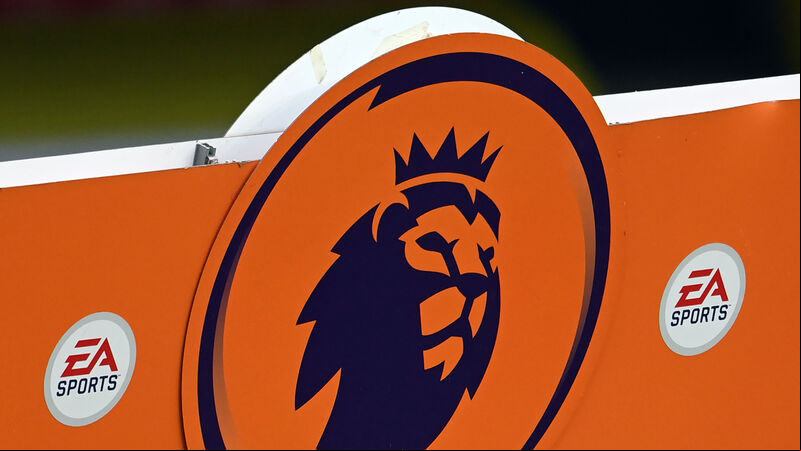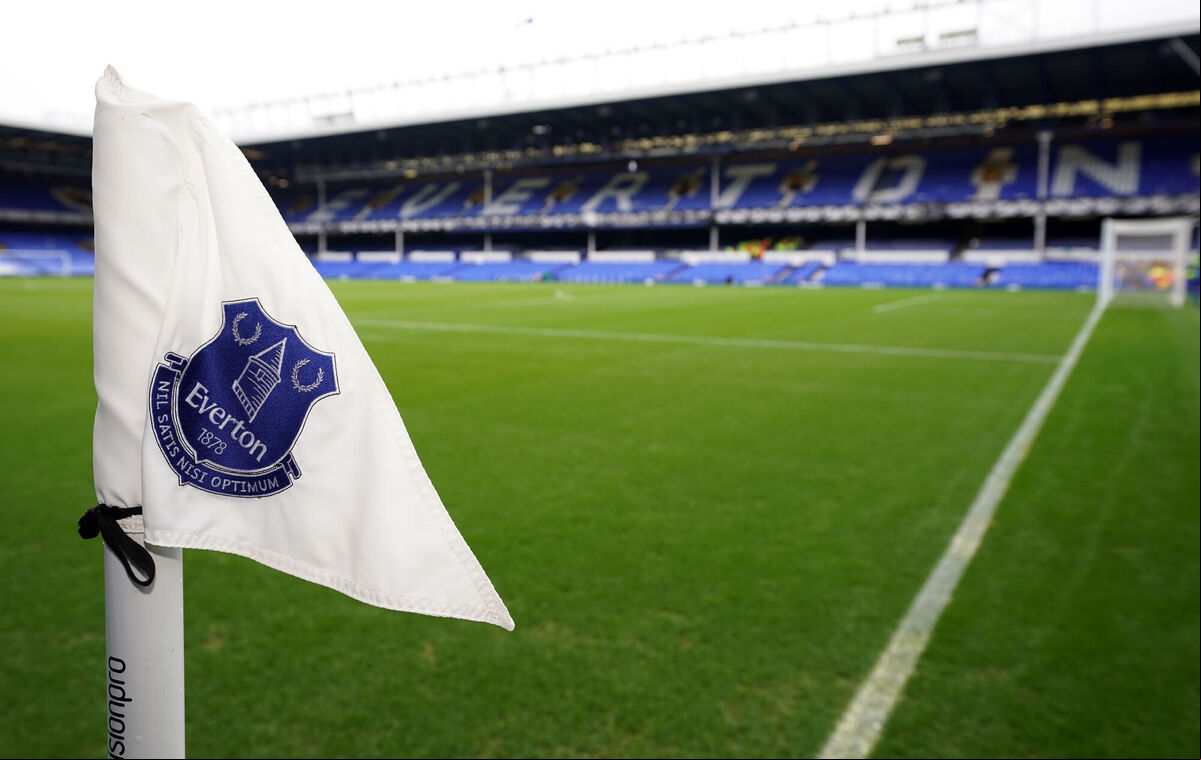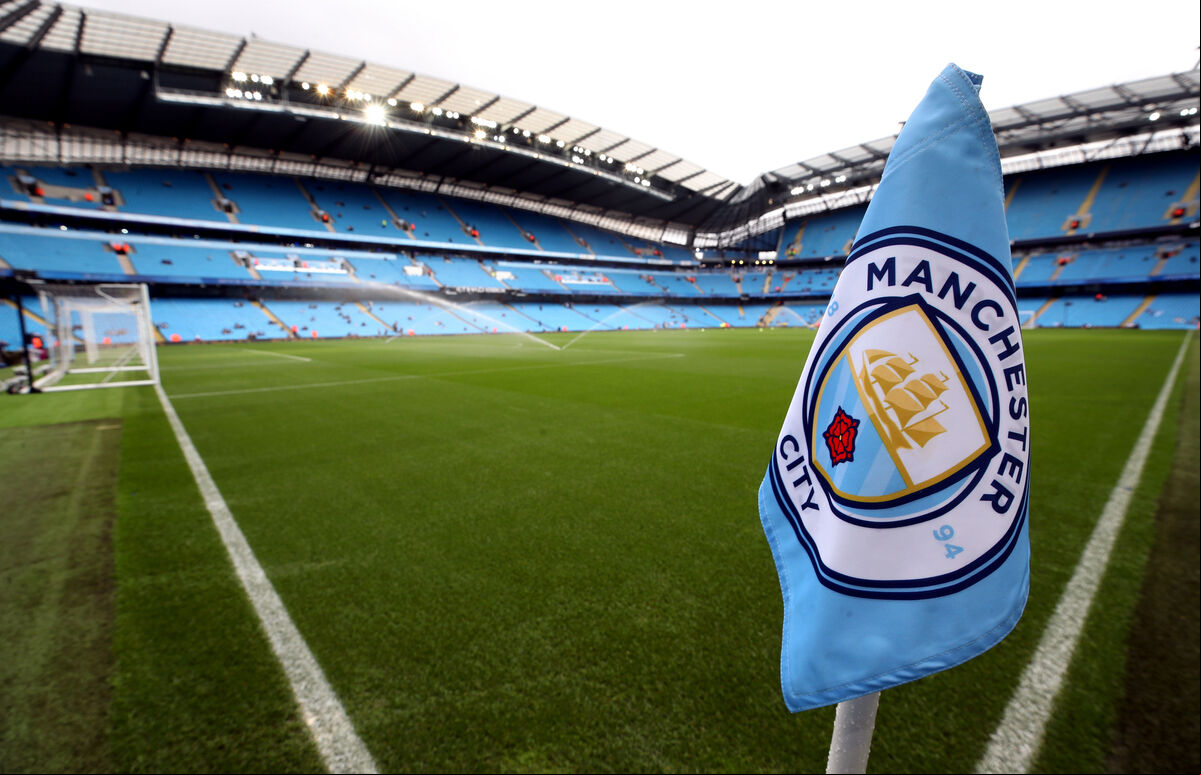Premier League: Independent regulator set to shake up the world of the league's owners

The Premier League owners, it seems, punished Everton and Nottingham Forest's recent breach of finance control as an example to stem any harsh control from a new-formed Independent Football Regulator.
THE harshness and, maybe more peculiar, the immediacy of the points reduction on Everton and Nottingham Forest for breaching the Premier League’s financial rules seemed particularly incongruous in a world where Manchester City face 115, far more serious, allegations dating back to 2009.
Why were Everton and Forest so harshly dealt with in a world where examples of financial irregularities and awkward deals with dubious foreign owners have become the rule of thumb for business in England’s top-flight league?
Well, the answer, it seems, came this week, in that the British government are pushing ahead with their plans to set into law an Independent Football Regulator (IFR) that would effectively remove the self-regulatory powers from the Premier League itself and put it in the hands of a commission with not necessarily the sole interest of the Premier League owners at its heart.

The Premier League and its owners saw this coming down over a year ago when it was announced that Tracey Crouch MP (no relation to Peter I believe) was heading a review into introducing legislation to control the excesses of the Premier League owners in the wake of the proposed ill-fated European Super League.
In an effort to pre-empt Ms Crouch MP’s findings, and to also show that the league can make the hard calls on regulation without the interference of a government appointed regulator, the league immediately made examples of the first teams to cock-up their finances and it was the bad luck for Everton and Forest that they happened to be the next fall guys coming down the line.
Conveniently it avoided issuing sanctions on earlier outstanding issue relating to teams at the business end of the title race or addressing the uncomfortable questions onto the ethics and morality behind the backgrounds of many of the Premier League newer owners.
So, the push to penalise Everton and Forest was an effort by owners to show they could regulate their patch outside the pesky interference of an independent body. However, it seems to have failed as this week we saw the Crouch White Paper on regulatory recommendations take its first steps as a Bill before parliament into becoming a law.

Under the new law, the regulator would assume oversight of the Premier League financial regulation removing the club owners from the equation. And unlike the Uefa and the FA, these monitoring of club s would be done in real time and ongoing throughout the year and not years down the line as is the way at present, when any meaningful action has become irrelevant. If enacted, the law would then remove the need for drastic point reductions as clubs would not be allowed to stray outside the constraints. And more importantly, there would be a fairness in the league whereby buying a title would become a lot harder prospect.
The second oversight would be to investigate potential owners and directors’ background to their suitability and integrity to own/run a club beyond the current regulation that merely requires that you afford it. Making sure they have the benefits and health of the club at heart rather than exercising vanity projects or money laundering schemes.
Following that, the regulator will try to protect fan engagement and club heritage, allowing fans a greater say in ticketing procedures, but not pricing crucially, as well as the preservations of stadium locations, colours and crests. And assuring a fairer distribution of funds to lower league competitions.
Finally, the regulator would strive to maintain approved competitions, which is a direct effort to avoid another attempt at forming a European Super League.
As you’d expect, the Premier League are not too pleased to come under the remit of an outside regulator. They claim that it would threaten the unique nature of the League by ladening it down with governmental bureaucracy.

And they might have a point, to a degree. No other sport in the world attracts the viewing figures as that of a Premier League game. The excitement of the league and its success has no doubt come from the billions of dollars that have been flushed through the clubs by its owners. The problem is of course, how that money was derived and manner it was used to gain advantage for their clubs over others.
The Premier League owners have not finished the fight yet and the law has a long way to work its way through parliament before it becomes law. Optimistic observers say it probably won’t make the books before the 2025-2026 season. And that’s all going well. This current UK government are unlikely to hang on much longer, meaning a delay of all work to run a general election and the need for whatever subsequent government that takes over having the desire to push it on, when there are so many more important issues affecting a crumbling post-Brexit Britain.
Delaying tactics and lobbying will no doubt be the strategy of the Premier League owners, but it still looks inevitable that an IFR will eventually take charge of the oversight of the Premier League.
Whether anything will come of the current investigations into historic financial irregularities we will have to wait on the unlikely scenario of existing bodies finding the courage to see it through.
One thing for sure, it will come too late for unfortunate Everton and Nottingham Forest anyway.










 App?
App?







